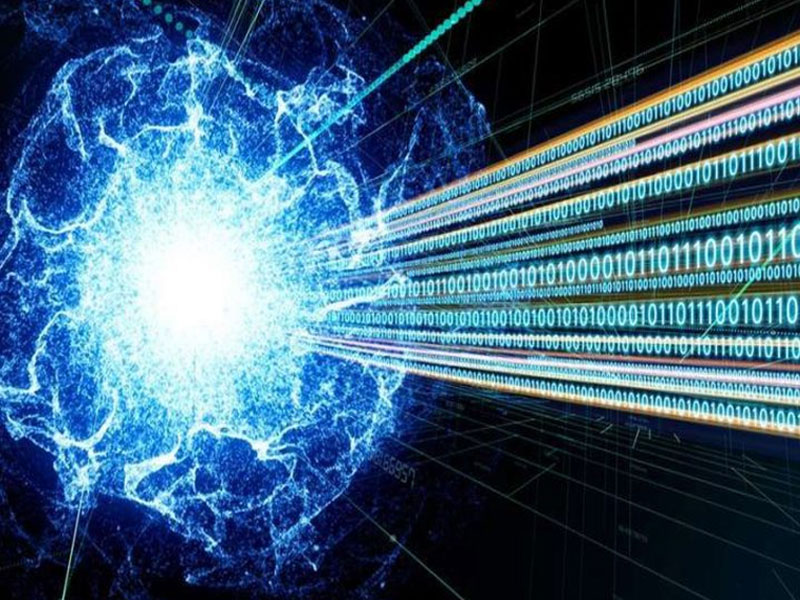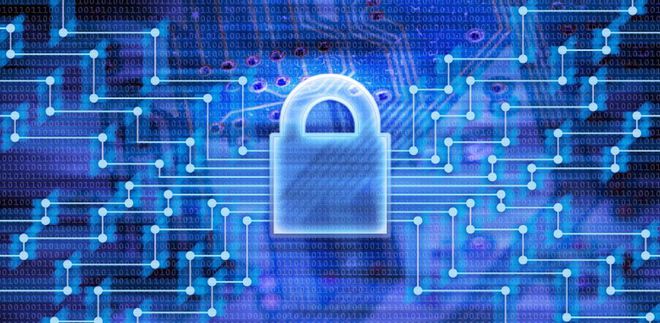How Asia Pacific is Leading the Way in Quantum Cryptography Advancements
SOURCE: HTTPS://CITYLIFE.CAPETOWN/
NOV 06, 2023
Quantum computers are the future of cryptography
SOURCE: CLAREPEOPLE.COM
SEP 04, 2021

The future of cryptography is getting closer, and it’s quantum. An Amazon researcher has joined two Amazon Web Services (AWS) quantum processors to be able to generate numbers in a truly random way, serving as a booster for creating harder-to-crack ciphers.
Encryption is a set of techniques designed to protect information so that only the sender and receiver of the data can understand them. The constant search for ways to better defend personal and corporate privacy makes research on how to generate figures that are harder to decipher always occur.
Quantum computers, on the other hand, are machines that use properties of quantum mechanics — a branch of physics — in their development, presenting differences with common computers, which use the Von Neumann architecture, a method that distinguishes which are the processing elements of the device and which are responsible for storing data.
Want to catch up on the best tech news of the day? Access and subscribe to our new youtube channel, Canaltech News. Everyday a summary of the main news from the tech world for you!
In the quantum computer, these components are differentiated in different ways, making the machine capable of processing more complex tasks, such as advanced models of artificial intelligence.

Encryption is an important tool for data protection. Image: Reproduction/Your Micro Insurance
Mario Berta, a researcher at Amazon, brought together two quantum processors, the Rigetti and the IonQ, available in AWS’s quantum computing services in the cloud, and with that he managed to create a random number generator (RNG) that can assign random values ??at greater speed than a random number generator built on ordinary supercomputers.
In addition to the greater speed in creating ciphers, the method for generating numbers made with non-quantum computers still leaves certain vulnerabilities, since its randomness is partial. Basically, processors and oscillators used to create a cryptographic key in today’s machines can be expected to work by machines with great computational power.
In the RNG done in quantum computers, this problem does not exist, since the very nature of the processing of this type of machines is already random, making the prediction of some code more difficult. The method used by the Amazon researcher involved creating two sequences of random numbers considered “weak” for encryption by quantum processors, and then passing the two strings through a “randomness extractor”, which combines multiple pieces of data into one sequence. unique output, bordering on the perfection of randomness.
Even if the process manages to create more effective sequences, the problem, at least in this initial phase, is different. The conditions necessary for a fully functioning quantum computer are extremely specific. The place where the computers are located must have almost no atmospheric pressure, an ambient temperature close to absolute zero (-273 °C) and isolation from the Earth’s magnetic field to prevent atoms from moving, colliding or interacting with space.
In practice, these conditions are already achievable, but not in a permanent way – making that at certain times the computer operations can be modified by changes in the environment, causing the variation of number generation to be lost.
However, regardless of the actual use now, Berta believes that in the future the generation of random numbers in quantum computers will be used more, especially the better known are the flaws of current methods.
Source: ZDNET
LATEST NEWS
Augmented Reality
Hi-tech smart glasses connecting rural and remote aged care residents to clinicians
NOV 20, 2023
WHAT'S TRENDING


Data Science
5 Imaginative Data Science Projects That Can Make Your Portfolio Stand Out
OCT 05, 2022

SOURCE: HTTPS://CITYLIFE.CAPETOWN/
NOV 06, 2023
SOURCE: HTTPS://WWW.SCIENCEDAILY.COM/
OCT 27, 2023
SOURCE: HTTPS://WWW.SCIENCEDAILY.COM/
OCT 26, 2023
SOURCE: HTTPS://THEQUANTUMINSIDER.COM/
SEP 28, 2023
SOURCE: HTTPS://TECHMONITOR.AI/
OCT 03, 2023
SOURCE: HTTPS://SCITECHDAILY.COM/
AUG 29, 2023
SOURCE: HTTPS://WWW.DIGITALJOURNAL.COM/
AUG 26, 2023
SOURCE: HTTPS://WWW.TECHTIMES.COM/
AUG 16, 2023